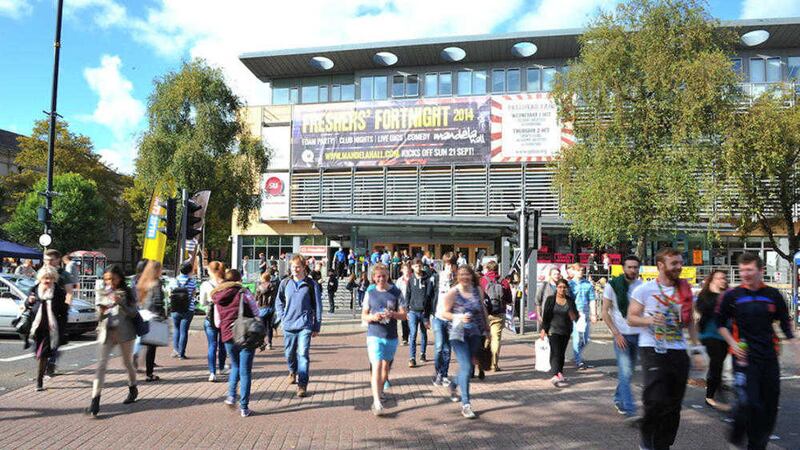A record-breaking number of students entered UK universities this year - but the proportion of young people from the north accepting places is in decline.
A total of 532,300 people started higher education in 2015 in Britain and Northern Ireland, an increase of 16,100 on last year.
UCAS' End of Cycle Report also revealed that the gulf between the numbers of young men and women going to university reached record levels, with tens of thousands of men "missing" from higher education.
Young female students are now more than a third more likely to start a degree course than their male counterparts, while those from poorer backgrounds are more than 50 per cent more likely to enter university.
Universities made a record 1.9 million offers to students and more applicants than ever before got into their first firm choice.
Among UK students alone, there has been a 2.8 per cent rise in numbers, with 463,700 finding places through UCAS.
The hikes come amid major changes to the system, including a move to lift the cap on the number of students a university can admit. This has led to more competition among institutions to attract candidates.
In Northern Ireland alone, higher education providers had 10,200 (-1,100, -9.7 per cent) acceptances in 2015, a fall from their recorded high in 2014.
While overall numbers rose, there were wide gaps between the sexes.
Women aged 18 were found to be 35 per cent more likely to go to university than men, UCAS said, adding that the difference equates to 36,000 fewer young men starting a degree course than would be the case if the entry rates were the same.
Among those from disadvantaged backgrounds, young women were 52 per cent more likely to go into higher education than males.
UCAS Chief Executive Mary Curnock Cook said differences in access to higher education between rich and poor were at historic lows.
"But with further increases in the gap between men and women entering higher education, we can now see clearly that concentrating outreach efforts on young men, particularly white men, would make a significant contribution to diminishing the rich-poor gap," she said.
"We have previously highlighted the unacceptably large and widening gap between entry rates for men and women and this year shows young men, and especially young white men, falling even further behind."








